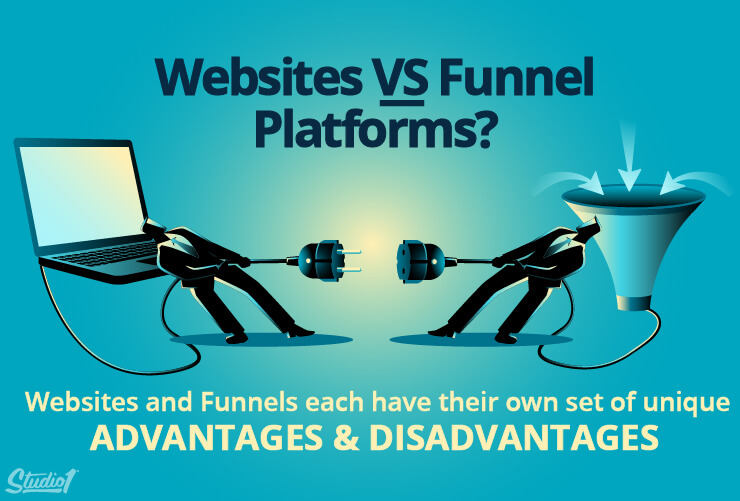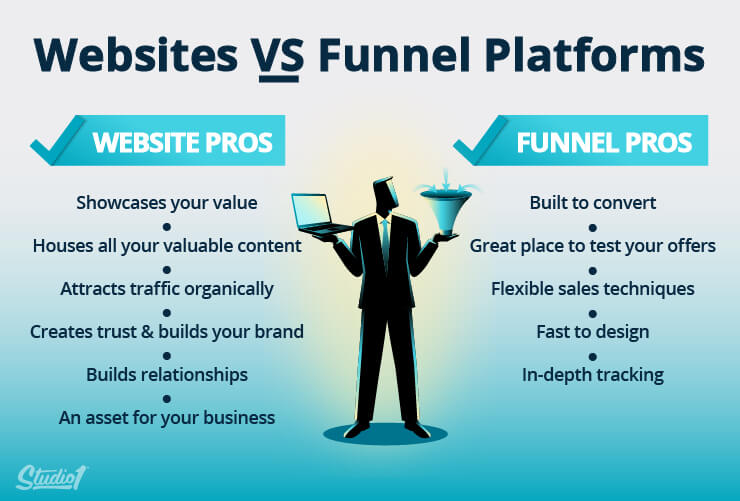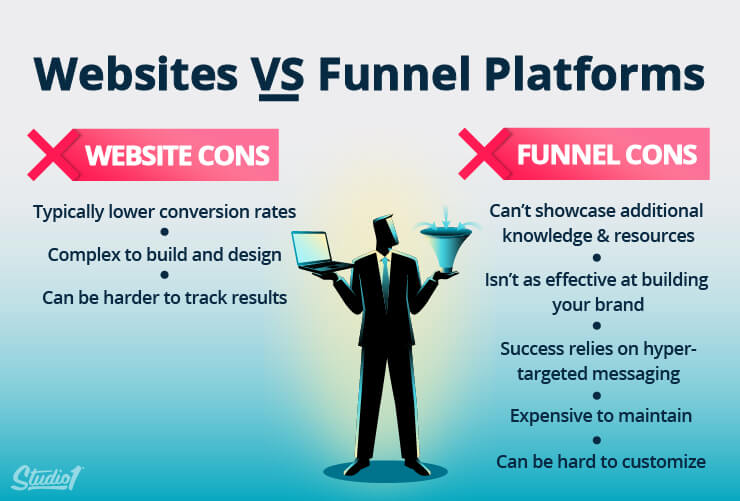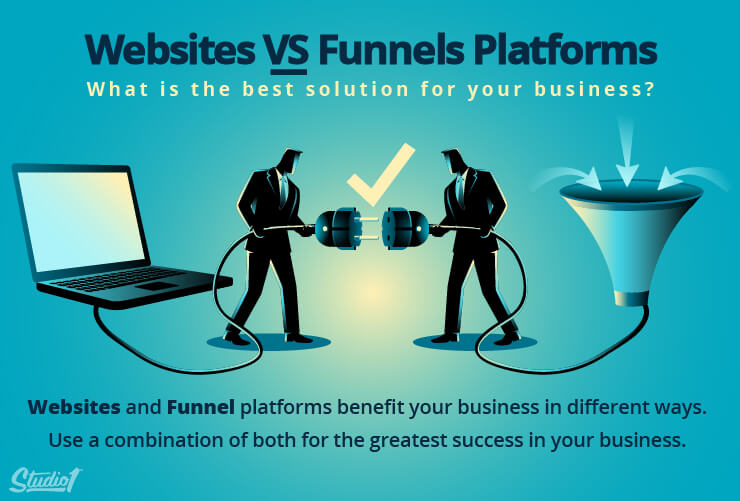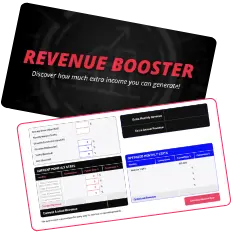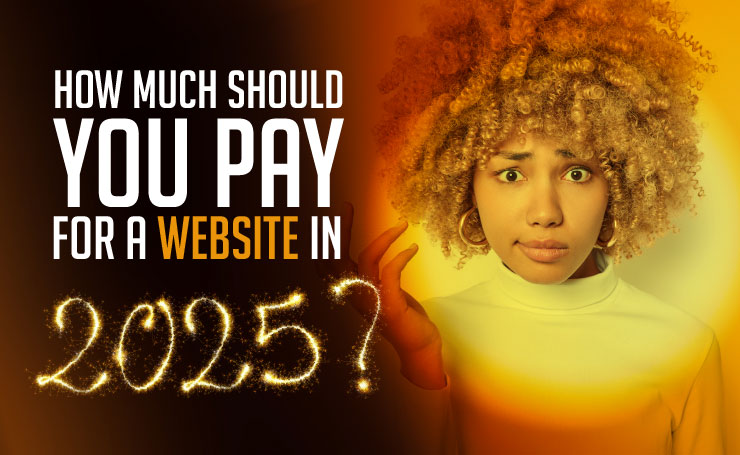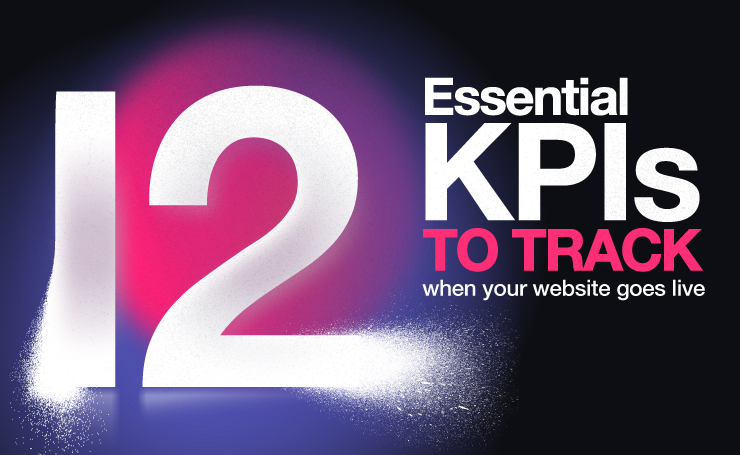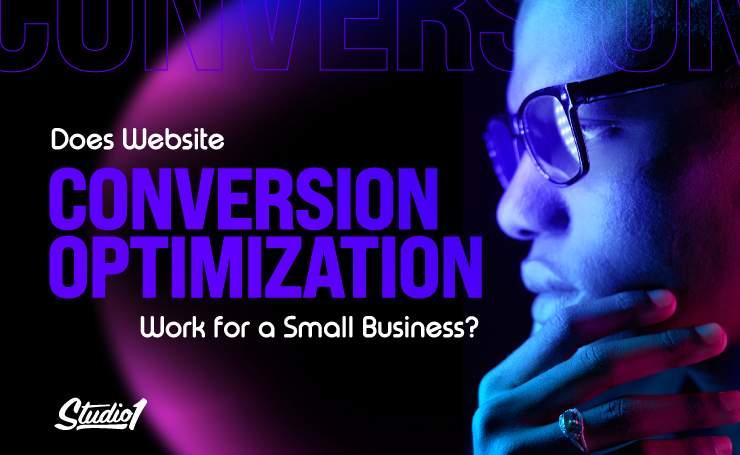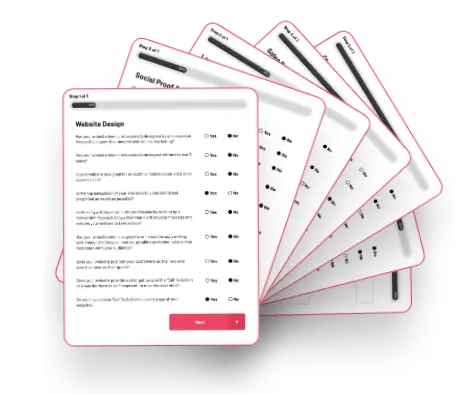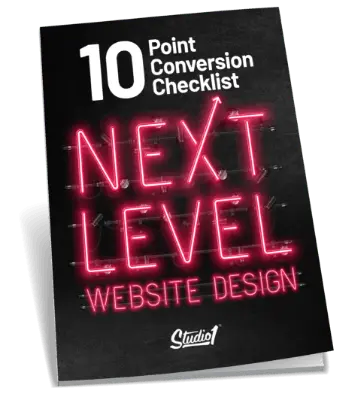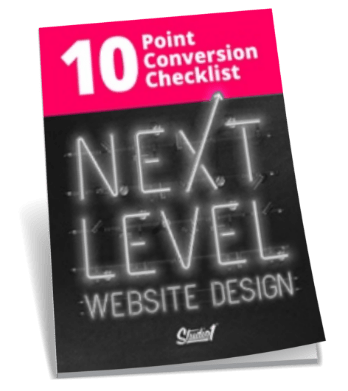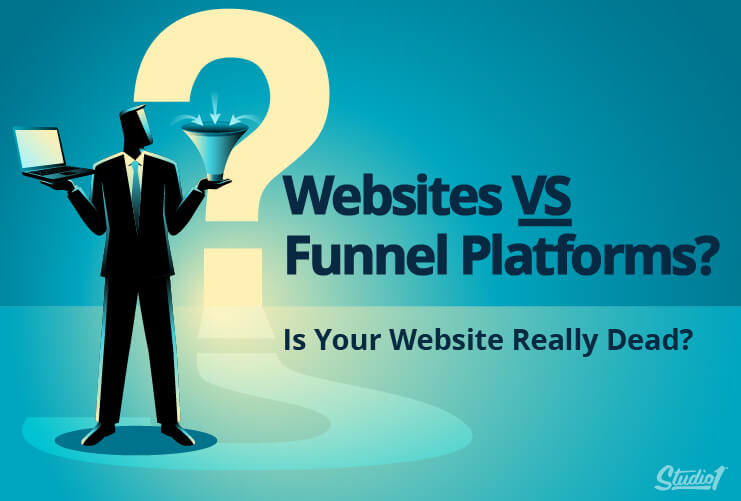
Let’s crunch some numbers…
Today there are approximately two billion websites on the Internet. Only a third of those are live today, but only a fraction of the remaining ones actually convert traffic into hot leads and sales.
You may be thinking… well, if the majority of websites are dead and not converting, then why even have a website? Should you use a funnel platform instead?
Well, the answer isn’t quite that simple.
Before you decide if a website or a funnel platform is right for your business, let’s take a closer look at the difference between websites and funnel platforms.
Let’s dive deep into the pros and cons of each, so you can work out what the best solution is for your business.
Why should every business have a funnel?
If you’re looking for a way to provide valuable information about your products or services, attract organic traffic, build trust in your brand, and showcase your value and expertise through high-value content, your website is the best place to do that.
If you’re looking to collect leads and make sales in return for all the value you’re putting out into the world… Well, that’s where a funnel comes in.
With a funnel, potential clients can move easily through a series of steps, and are much more likely to take action – whether that’s becoming a paying customer, email subscriber, or achieving another objective that your business is trying to fulfill.
So, at this point, if you’re still trying to determine if your business needs a website, a funnel, or both, let’s take a closer look at how they stack up against each other…
Websites VS Funnels… Let’s Look at the Pros:
Both websites and funnel platforms benefit your business in different ways. Let’s take a look at their distinct characteristics and what advantages they can provide for your business…
Pros of a Website:
- Your website showcases your value: By shining a light on your products and services, your website can make your business unforgettable to your ideal clients, and set you apart from your competition. Through testimonials, social proof, and a strategically built design, your audience can see for themselves just how capable you are of helping them achieve their goals and dreams.
- Your website houses all your valuable content: By showcasing blogs, videos, podcasts, training, and other resources on your website, you can share your expertise with your audience in an organic, high-value way. You’ll also attract ideal clients organically, and build your authority as a thought-leader and expert through your insights.
- Your website attracts traffic organically: It’s not surprising that Google is the most popular website on the planet, with over 90 billion visits every month! With a website, you can harness the power of SEO to score a position on your prospects’ search results pages—without even dipping into your ad spend.
- Your website creates trust & builds your brand: With the right design and strategic engineering (through your images, branding, and copy), your website can quickly build trust with your audience and make your business their #1 choice. You can establish yourself as a thought leader and expert in your industry.
- Your website builds relationships: While a good first impression is important, creating a strong relationship and providing value is what really impresses your audience. Websites provide a space for you to educate your audience ongoing, showcasing your value through helpful content and resources.
- Your website is an asset for your business: Unlike sales funnels that are typically built on third-party platforms, your website is yours to own! This protects you against any changes and updates from third parties that could negatively impact your site. You’re in the driver’s seat and can continue to benefit from your website as it grows with you for years to come.
Pros of a Funnel:
- Your funnel is built to convert: The average conversion rate for funnels across the industry is about 3% (for context, your website is about 2.35 %). Their simple, one-action nature is what makes funnels so effective. Your audience is less likely to get distracted by other pages on your site when their only option is to move forward towards the sale!
- Your sales funnel is a great place to test your offers: Whether you’re yet to build a strong brand, or you have an established business, you can send paid traffic directly to your funnel for a faster return on your investment. You don’t need to wait for organic traffic to simply find you online but can easily get your new offers in front of ideal clients to test and prove them faster.
- Your sales funnel offers flexible sales techniques: With a funnel, you can expand your selling potential through a whole suite of strategies including upselling, cross-selling, and down-selling. This not only increases the number of people buying your products or services, but the average order value will also be much higher.
- Sales funnels are fast to design: Most funnels are fast and simple to create, with single, linking pages that each has a unique goal. They are free from fluff, and designed to direct your products straight to the point you want them to (usually, to buy or opt-in now!)
- Sales funnels offer in-depth tracking: With your sales funnel, you can see clearly what is and isn’t working with your marketing, and make smarter decisions that save you in the long term. Simply look at the conversion rates on each step to see the holes in your strategy, and plug them to drive up sales.
When you see a side-by-side comparison like this, it’s clear that websites and funnels each have their own set of unique advantages! Both are capable of helping you build a stronger, more successful business, and get more eyes on your products and services.
But that’s not to say websites and sales funnels aren’t without their shortcomings at times too… Let’s take a look at the cons of each option:
Websites VS Funnels… Let’s Look at the Cons:
Cons of a Website:
- Your website typically has lower conversion rates: Compared to a funnel that uses paid traffic that is highly targeted, your website relies on organic traffic and attracts a broader audience, which typically leads to lower conversions. This isn’t necessarily a bad thing though, as the goal of your website is to showcase the full suite of useful information your visitors want to know. And, it definitely doesn’t mean your website is incapable of converting! With the right strategy and design, you can still capture your visitors’ attention, and convert leads into hot buyers through your website.
- Your website can be complex to build and design (and usually requires experts): With billions of sites vying for your ideal client’s attention, your website needs to stand out from the rest, and showcase the value you offer. You simply can’t DIY your own website if you really want it to be high-converting! Sure, there are templates and platforms out there that make it ‘simple’ to design a site, but that doesn’t mean it’s going to convert. Therefore you usually need an expert website design team who understands strategy, branding, and which psychological sales drivers are crucial to your site’s success.
- Your website can be harder to track results: When someone visits your website and doesn’t convert, it can be difficult to figure out what is causing them not to stick from numbers alone. A/B testing yourself isn’t as easy when there are dozens of elements to tweak! An expert designer will be able to tell straight off the bat what strategic elements are holding you back and can help you reduce bounce rates and boost conversions. But setting this up on your website can be difficult.
Cons of a Funnel:
- Your funnel can’t showcase additional knowledge & resources: When your funnel’s sole purpose is to attract leads and make sales, you want to avoid distracting your audience with other call-to-actions at all costs. This includes links to your blog, podcast, or other forms of media which help to boost trust. You’ll need to rely on other credibility boosters such as testimonials and impact metrics on your sales funnel pages.
- Your funnel isn’t as effective at building your brand: Your website is powerful at boosting your brand through design, images, and copy, with multiple opportunities to do so across your site. Your sales funnel offers a more concentrated and condensed opportunity to showcase your uniqueness, and is most effective when used alongside an expertly crafted website brand.
- Your funnel’s success relies on hyper-targeted messaging: This is good, in that your sales funnel can speak directly to your audience, and help them see that you truly understand and care about their problems. But, this can also be a shortfall if you want to attract a wider range of ideal clients and their pain points don’t overlap seamlessly. You’ll need a new sales page for each audience in order to drive the most sales and conversions.
- When your funnel is built on a platform, it isn’t yours to own (and is expensive to maintain): Unlike a website, your funnel isn’t an asset you own and is instead built on third-party software. This means, if that software changes or becomes unreliable, your results are affected. Plus, subscriptions to these can be very expensive, and take a toll on the bottom line of your marketing campaigns.
- Your funnel can be hard to customize: When designing your funnel on a third-party website, you’re forced to rely on ready-made templates and limited customization options. Not only can this make it difficult to make your unique branding and personality stand out on the page, but more importantly, it can seriously affect your results if these templates aren’t built to convert. It can be hard to differentiate yourself from your competition, and you run the risk of becoming just another page on the internet.
So what is the best solution for your business?
As with most things, it’s not a black and white answer! Funnels and websites serve different functions in your business, and can both help you drive more leads and sales! On the flip side, both websites and funnels have their limitations and need the other to bolster out their potential and create consistent success.
Instead of choosing one or the other, we suggest a combination of both for the greatest success in your business. This is the approach we use every day when designing world-class, high-converting websites for our clients.
We combine the best of both worlds by designing your funnel into your website so it matches your unique branding, and your clients can move seamlessly across your pages.
So, if you’ve got a funnel that’s already converting (or you are testing a new offer), it’s time to put it onto your own website. It will become an asset that your business owns forever, and you can avoid paying a funnel software $100’s per month!
Plus, by taking what’s working from your existing funnels, and infusing your own branding into the design, your pages will be even more consistent with the rest of your website. Even simple things like having all your pages on the same domain will help establish trust with your paid and organic traffic, and the look and feel of your online presence will be congruent.
At Studio1 Design, we specialize in designing websites, brands and funnels, and helping our clients achieve all of the above and more. We have the formula you need to get the best results possible…
Next-Level Website Design Formula:
Now that you’ve seen how strong both are on their own, you’re probably ready to combine them, right?
If you want to see how effective merging a funnel and website is, check out our brand new 1-hour masterclass video training: Next-Level Website Design Formula. You’ll discover what it takes to design a high-converting website. Plus, we share 10 ‘before & after’ case studies that are crushing it with the principles you’ll learn in the masterclass.
At Studio1 Design, we’ve created thousands of custom websites for businesses around the world in hundreds of industries and niches. All our websites are custom-designed to convert more visitors into hot leads and sales.
If you’re ready for a new website design, but you want to make sure we’re a good fit first… Book a free consultation with us. We’ll show you how we will take your website and brand to the next level, so you can have a bigger impact on your audience.
